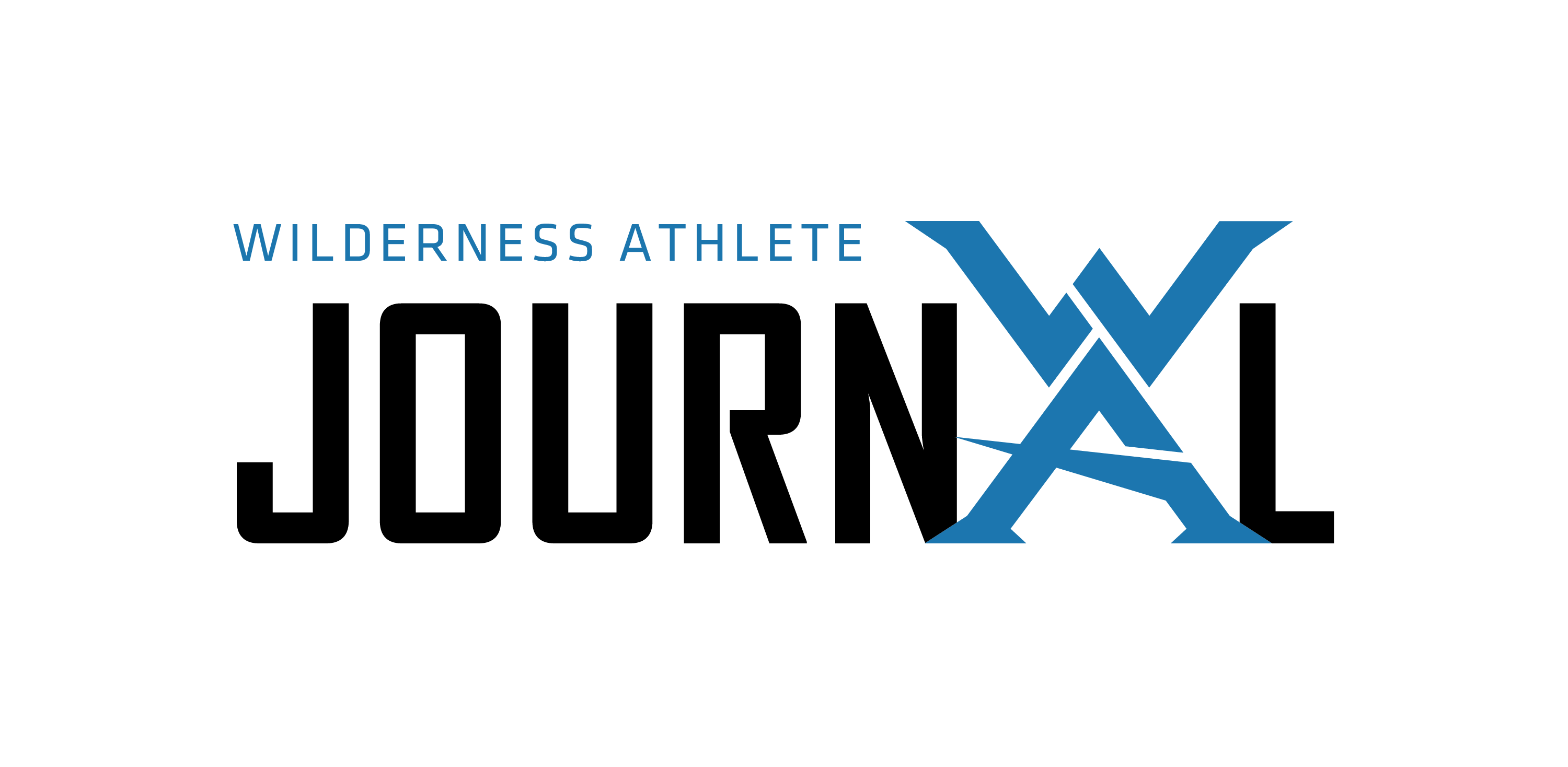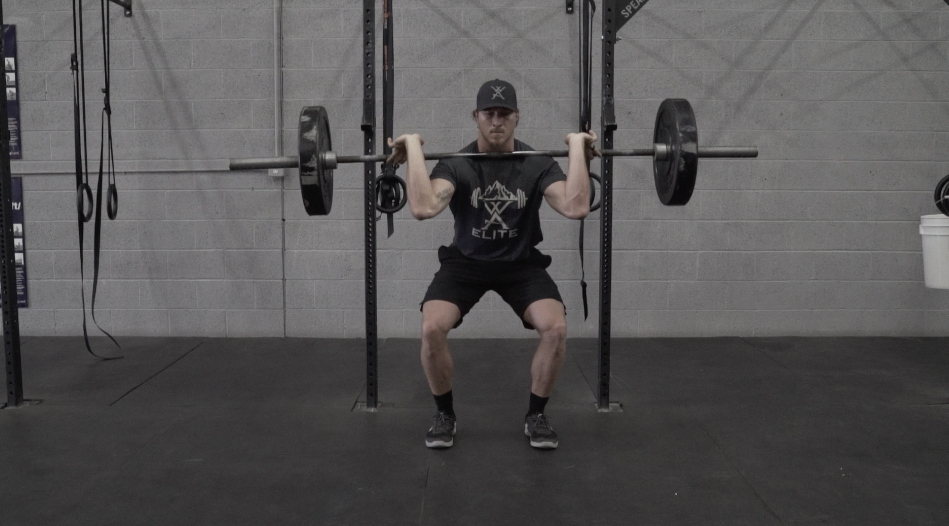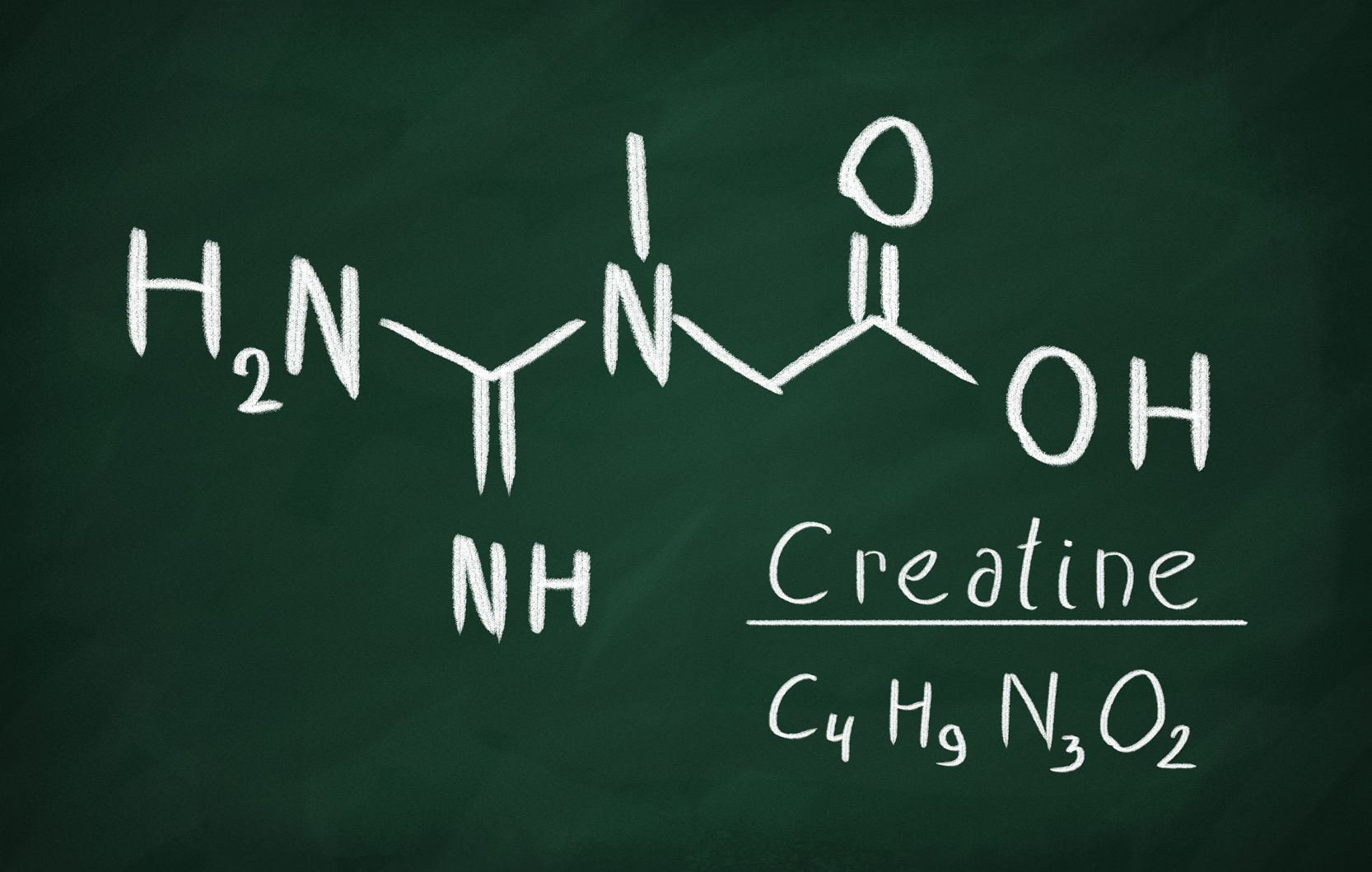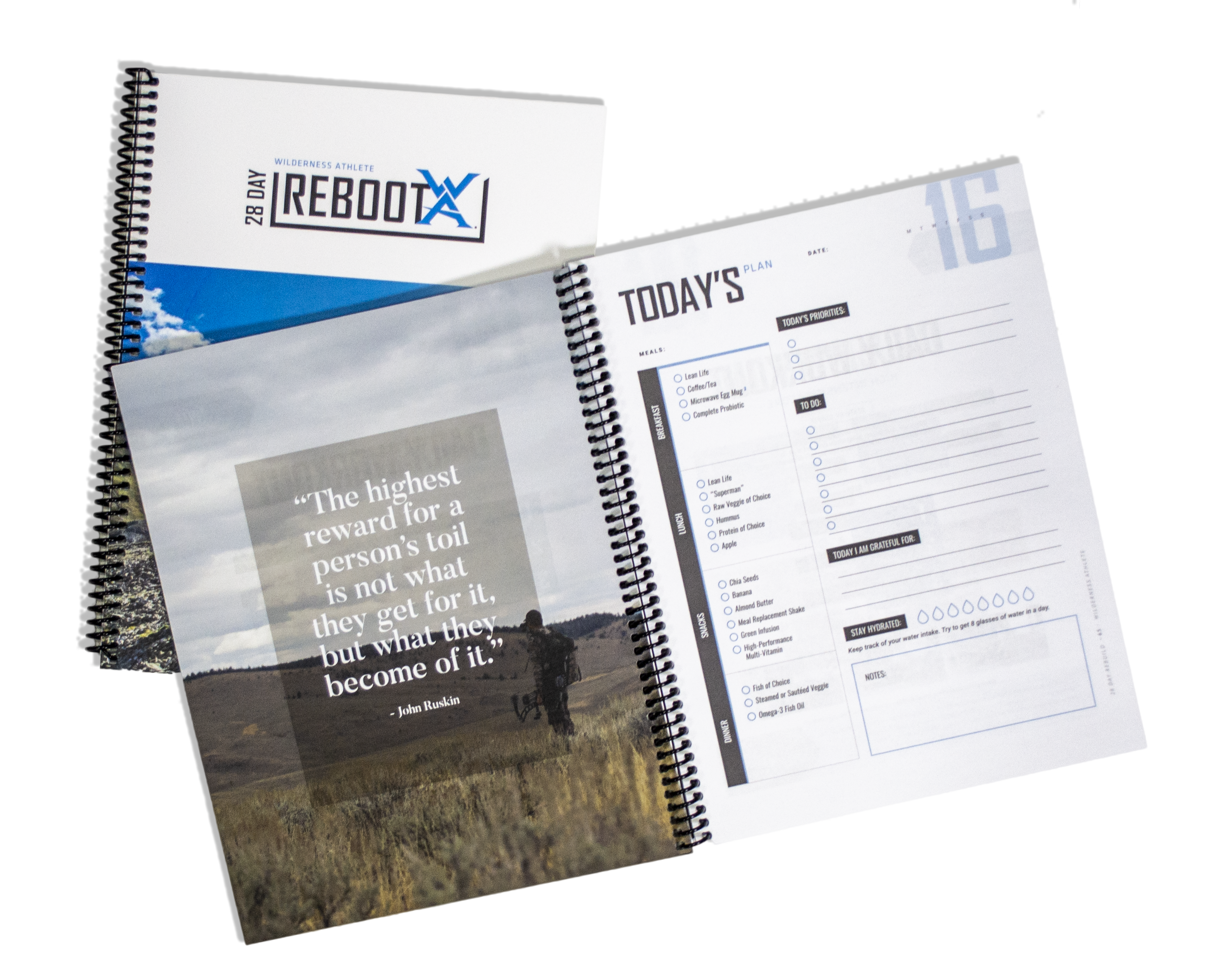ARE YOU FOCUSED ON MANAGING YOUR WEIGHT… OR MANAGING YOUR MUSCLE?
A common phrase when it pertains to prioritizing is, “The main thing is to keep the main thing the main thing!” I think I can make a pretty strong case that the “main thing” as it relates to health in America is, unfortunately, the “wrong thing.”
I recently heard a news report that 80% of Americans are now overweight and 57 million Americans are pre-diabetic. We have become numb to the statistics that reflect a country in crisis.
It’s no secret that being overweight or obese is a catalyst for multiple health issues so the simple question is, “Why?” Why in an era of technological breakthroughs are we killing ourselves at a record pace? We are keeping people alive longer with medical breakthroughs, but the quality of life is unquestionably extremely poor? I’ve always maintained that it’s not how long you live but how long you live well. Healthy aging should be everyone’s goal.
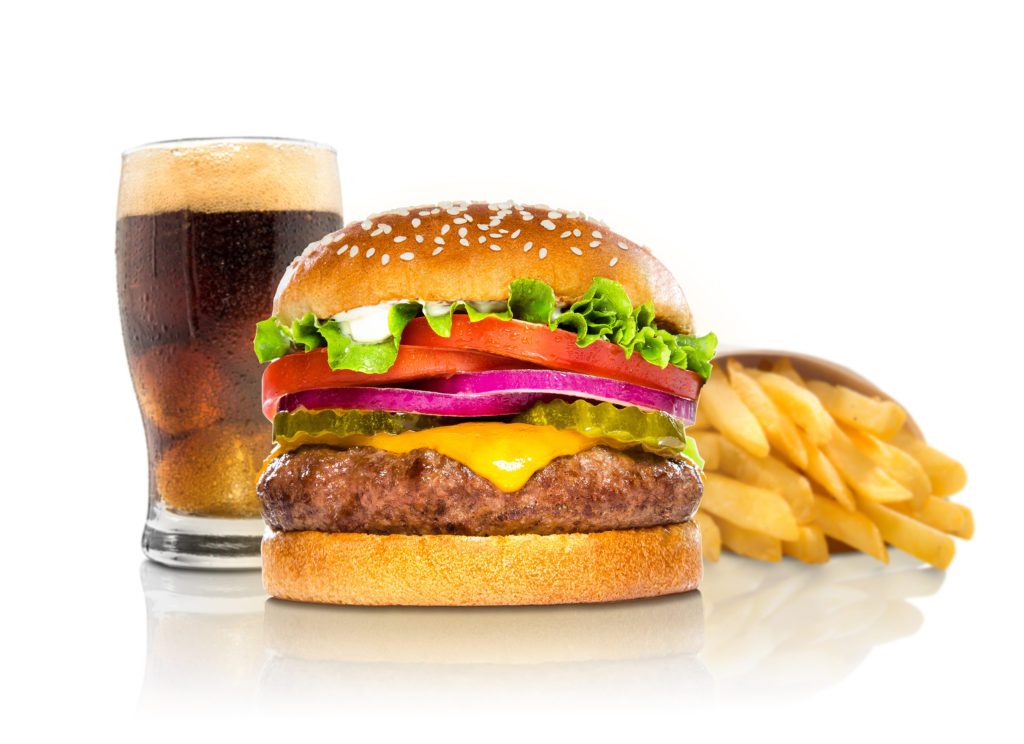
Not long ago, America was the healthiest nation in the world. Now we have dropped out of the top 30 and are headed south fast. Surely our diets and lifestyle are principle contributing factors, but I want to bring to your attention to a philosophical question at odds with current Western thought. The term “weight management” has bothered me for a long time. You see, wrong thinking leads to wrong results just as surely as right thinking leads to right results.
Case in point: Americans unquestionably gauge their daily health by worshipping at the altar of the scale. “I lost 20 pounds in 20 days” or “I gained 5 pounds this weekend” are comments we hear daily.
With all the focus on “weight management,” it is my opinion that we have lost sight of what we really should be managing which is not our weight but our muscle! Muscle management – not muscular management mind you – but simply muscle management. We are functioning and active human beings only as long as we possess a healthy muscle-to-fat ratio so it stands to reason that a far superior argument can be made that our focus should be on our muscle and not just our overall weight.

The central focus of most weight loss programs incorporates one strategy: caloric restriction. I am not here to name names but you see weight loss companies advertising every day where you can purchase their prepackaged foods and the pounds just “fall off.” Guess what. They do! What they neglect to tell you is that a large percentage of those pounds lost were metabolically alive, calorie burning pounds of muscle.
Skinny Fat
A recent study concluded that “when energy balance is caused by lower energy intake (through diet alone), one also loses a significant amount of lean tissue, which may be as much as 50% of the total weight lost.” Dieting alone tends to cannibalize existing muscle because the body requires quality nutrition to feed the muscle and a calorie restrictive diet strategy, by itself and repeated year after year, will lead to a body that will age prematurely and function poorly.
There is a phrase for this called “skinny fat.” This condition refers to the person who, through dieting alone, focuses on reaching a target goal with absolutely no regard for proper nutrition, exercise, hydration, or high-quality supplementation. For those who incorporate this strategy in an attempt, for example, to reclaim their high school weight for the upcoming reunion, the results speak volumes. Although the goal may have been attained, the sad saggy figure staring back at you in the mirror is a far cry from the firm figure of your youth. You have basically won the battle but lost the war!
Muscle loss is the enemy of long-term health and vitality. Muscle management is an approach that focuses on the right thing – in this case gaining or at least retaining – our muscle mass, especially during weight loss, which will lead to a much healthier muscle-to-fat ratio. The ancillary benefits are astounding, and the scientific evidence is piling up in favor of muscle management and against weight management.
The average American loses 6.6 pounds of muscle per decade (calorie-restrictive dieters lose far more). Armed with this information, we should fight like hell to hang onto what muscle we have, and the human body is more than willing to help if we do our part.
No matter the age, it’s never too late. In one study at the Human Nutrition Center on Aging, 12 men between the 60 and 72 were put on regular supervised weight training sessions three times a week for three months. They were asked to train at 80% of their “one-rep max.” At the end of the experiment, the average strength of their quadriceps had more than doubled and the strength of their hamstrings had tripled!

In another study conducted on residents of a chronic care hospital, most of who were over 90, the subjects were placed on a weight training program. Did it kill them? Hardly. Eight weeks later, wasted muscle had grown stronger by 300 percent, and balance and coordination were dramatically improved.
Clearly, the evidence screams out that the need to “take it easy” as we age is a myth that needs to be shattered! Manage your muscle, which simply means to exercise in some form multiple times per week, feed the muscles a healthy diet and supplement with convenient high-quality, low-calorie products that support the muscle throughout the day.
“Use it or lose it” is an incredibly truthful statement, but allow me to build off that framework. An active lifestyle supports the growth of muscle and new capillaries that reach out from the main arteries to bring highly oxygenated blood to the newly minted muscle.
Conversely, inactivity shuts down capillaries and accelerates the decline of the local tissues. Movement – any kind of physical activity – also acts as a natural means of detoxification. Through respiration, elimination, and perspiration, all of which are enhanced by physical activity, the body naturally expels waste byproducts that can wreak havoc when left to accumulate in tissues and organs. I want to encourage you to incorporate any exercise regimen that you will consistently follow, such as weight training, swimming, cycling, hiking, CrossFit, tennis, or basketball. Either you make time for your health now or you will have to make time for your sickness later.
Any “muscle management” exercise regimen will lead to a cascade of positive health benefits, including good aerobic capacity, lower blood pressure, healthy blood sugar tolerance, healthy muscle-to-fat ratio, healthy cholesterol levels, stronger mineral density in your bones, and better regulation of your body’s internal temperature.

The value of physical activity even extends to cognitive health. A study published in Archives of Neurology, March 2001, found that people with the highest activity levels were only half as likely as inactive people to develop Alzheimer’s disease and were also substantially less likely to suffer any other form of dementia or mental impairment. I guess we could say that muscle management supports mental management. The list of the health benefits literally goes on and on.
Does diet play a vital role in muscle management? Of course it does. If you had to pin me down to the two secrets to lifelong health, it would simply be: A diet incorporating nutritionally dense low-calorie foods and an active lifestyle. That’s it!
If I could wave my magic wand, I would have everyone undertake a total body strength program two times a week minimum (focusing on the large muscle groups of chest, back, shoulders and legs) while dedicating two times per week to aerobic activity (jogging, swimming, biking, hiking, etc.) The science clearly indicates that a combination of strength training and aerobics will lead to a reduction in body fat. If time permits, strength training four days a week for 45 minutes to an hour followed by 30-45 minutes of aerobic activity (or visa versa) is optimal. This allows you to supply more intensity to the strength training since you will not be as fatigued from training the entire body. This strategy would also allow you time to add body parts including arms, low back, abs. So it might look like this: The routine on Mondays and Thursdays would include strength training, chest, back, arms and abs followed by a run while the routine on Tuesdays and Fridays would incorporate shoulders, legs and low back followed by a hike. If time is not your friend, I encourage you to take a close look at the Crossfit movement which incorporates high-intensity workouts in short periods of time (10-20 minutes) thereby achieving a combination of strength and aerobic conditioning.
Just an FYI: all protein requirements necessary to support and build muscle are subject to the intensity of the activity. According to the “Academy of Nutrition and Dietetics,” endurance athletes need 0.55 to 0.8 grams of protein per pound of body weight when training at a light to moderate intensity, and 0.7 to 0.9 grams of protein per pound of bodyweight during times of high-intensity training. For example, a 140-pound marathon runner may require up to 126 grams of protein per day. Research from the 2010 edition of the “Journal of the International Society of Sports Nutrition,” suggests that strength athletes who participate in intense training regimens need 0.68 to 0.91 grams per pound of body weight each day. For example, a 190-pound, strength-trained athlete needs about 129 to 173 grams of protein each day to optimize his muscle mass, strength and athletic performance. It should be noted that the body ideally digests and assimilates about 20-30 grams of protein per meal. With that in mind, you can see how it is necessary to incorporate some high protein shakes or snacks in between meals to achieve your personal requirements.
There is no such thing as the “Perfect Workout.” Don’t over think it. I preach production over perfection! More than anything, I wanted to expose the myths and dangers of living a physically counterproductive life spent starving yourself or staring at your toes every morning on a scale. It appears that “the main thing is, in fact, to keep the main thing the main thing,” but hopefully you now understand that the “main thing” is not weight; it’s muscle. Manage your muscle well and I promise it will pay long-term dividends and lead to a more productive and fulfilling life.
Go Further Stronger ~ Coach P
